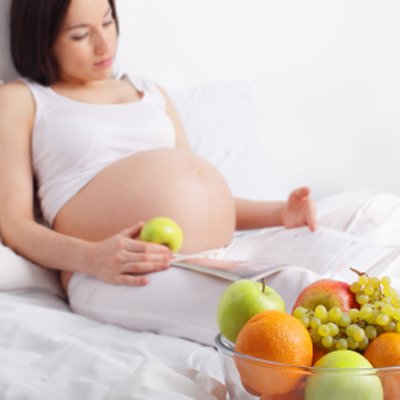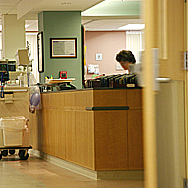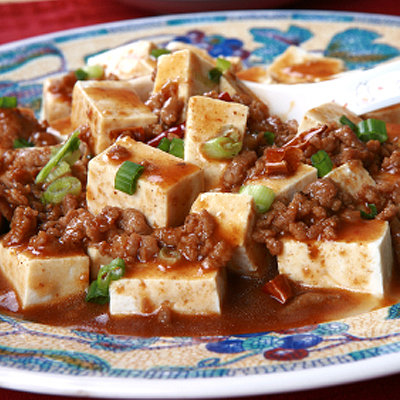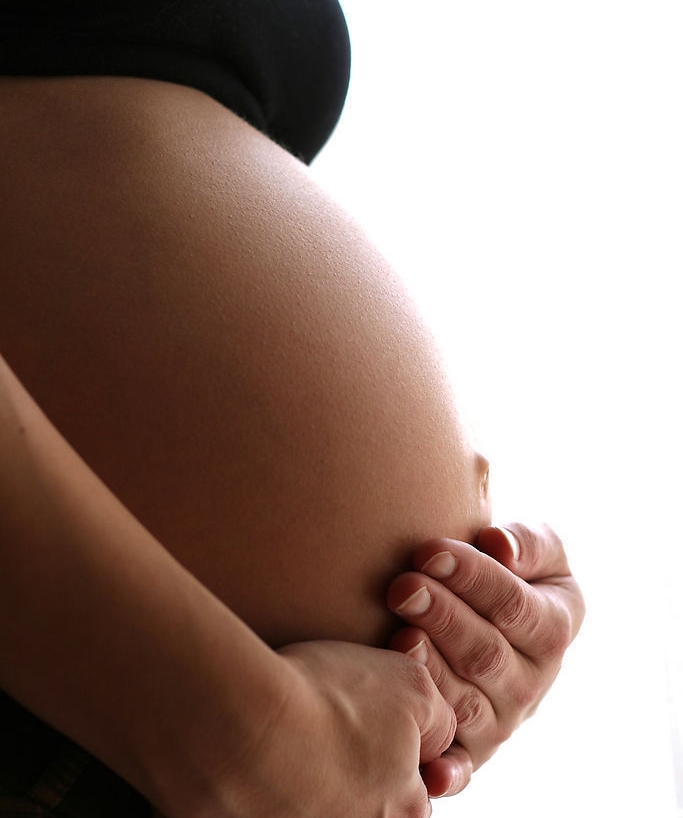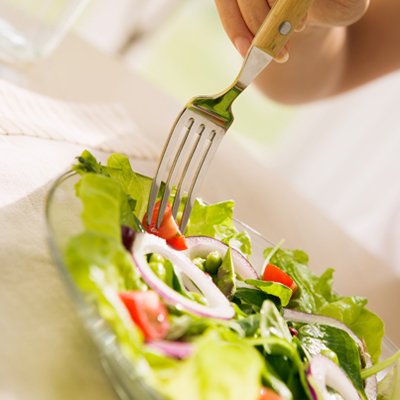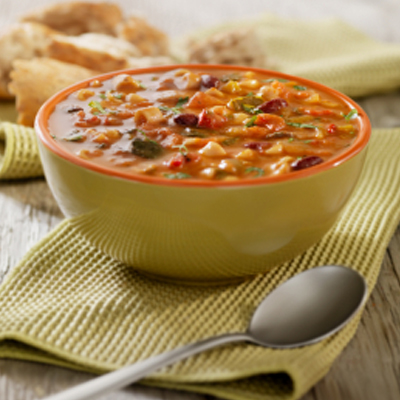Healthy Nutrients during Pregnancy
During pregnancy, women will need more nutrients to ensure that they and fetal are always healthy. A British study found that pregnant women if the lack of vitamins will increase the risk of underweight newborn, to avoid affecting the health of the baby, do not neglect a balanced nutritional intake during pregnancy. According to the Health Department has announced the daily diet should include five categories of food, "grains and cereals, milk, eggs, meat, fish, legumes, fruits, vegetables, fats and oils." In order to give birth to a healthy and intelligent baby, in addition to maintaining a balanced diet, pregnant women in particular need to add the following 5 types of nutrients:
1. Protein: The main function of the protein constitutes the body repair and construction of a new organization, is the most important functions of the human body is one of the other nutrients cannot be replaced over the role. During pregnancy, women should take an extra daily intake of 20-30 grams of protein. Food, including pork, chicken, fish, milk, beans and eggs are very good sources of protein.
2. Folic Acid: Folic acid is the normal development of fetal neural tube elements, to prevent fetal neural tube defects and maternal and child also need folate to make healthy red blood cells, prevent anemia and to maintain the healthy growth of the fetus. The need for folic acid during pregnancy is 3 times daily, folic acid rich foods include beans, dark green vegetables, whole grains, asparagus, bananas, fresh orange juice, grape juice, liver, lean meat, egg yolk and so on. In addition mothers can also add an additional 0.4 mg per day of folic acid tablets or a glass of milk powder, and is best to start from the month before pregnancy and three months after pregnancy.
3. Iron: Iron also helps fetal red blood cells, help reduce the chance of suffering from anemia. During pregnancy, because of the sudden rise of the mother's blood circulation, while the iron is the main component of blood, so pregnant women need to strengthen the absorption of iron, together with the baby in the first 6 months of birth cannot rely on intake of breast milk for iron intake, so pregnant women during pregnancy is required to reserve sufficient iron supply for the fetal intake. Food, including pork, beef, beans, dark green vegetables, cereals, liver, egg yolks, shellfish, milk, grapes, deep red fruits, are rich in iron. Pregnant women should consume 30 mg per day of iron.
4. Calcium: Pregnant women should also intake sufficient calcium to help the growth of fetal bones and teeth. In addition, ladies over 25 years of age as the body can no longer reserve of calcium, when the lack of calcium during pregnancy, the fetus from the maternal intake of the bones, easily lead to osteoporosis and fragile, so calcium are essential nutrients, But nutritionists said that calcium intake of pregnant women the same as the general population, about 1 gram of calcium a day, equivalent to 2 cups of milk weight. Calcium foods include milk, dairy products, sardines, tofu, walnuts, nuts, dark-colored vegetables, beef, soy products and so on. In addition, pregnant women, the sun bathing about 10 minutes a day can help the body produce enough vitamin D, helps calcium absorption.
5.DHA: DHA can help the growth of the fetal brain, vision and future intellectual development and are very helpful. Study found that pregnant women with the habit of taking supplements containing DHA, for their children's intelligence test in their age of 4 have better performance. Rich in DHA food include sardine and tuna. Therefore, pregnant women need to eat a large piece of fish can intake enough fish oil. However, if dietary intake cannot be met, mothers can still intake from fish oil supplementation during pregnancy or drink milk DHA added powder.
|
|





